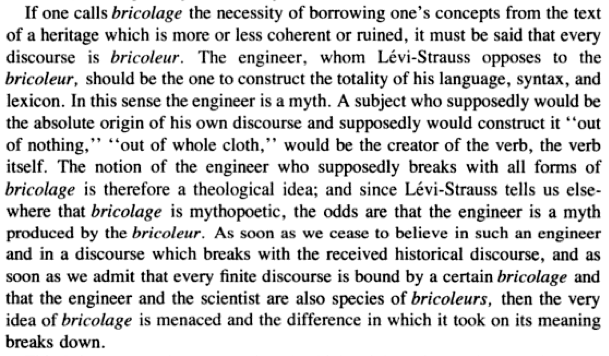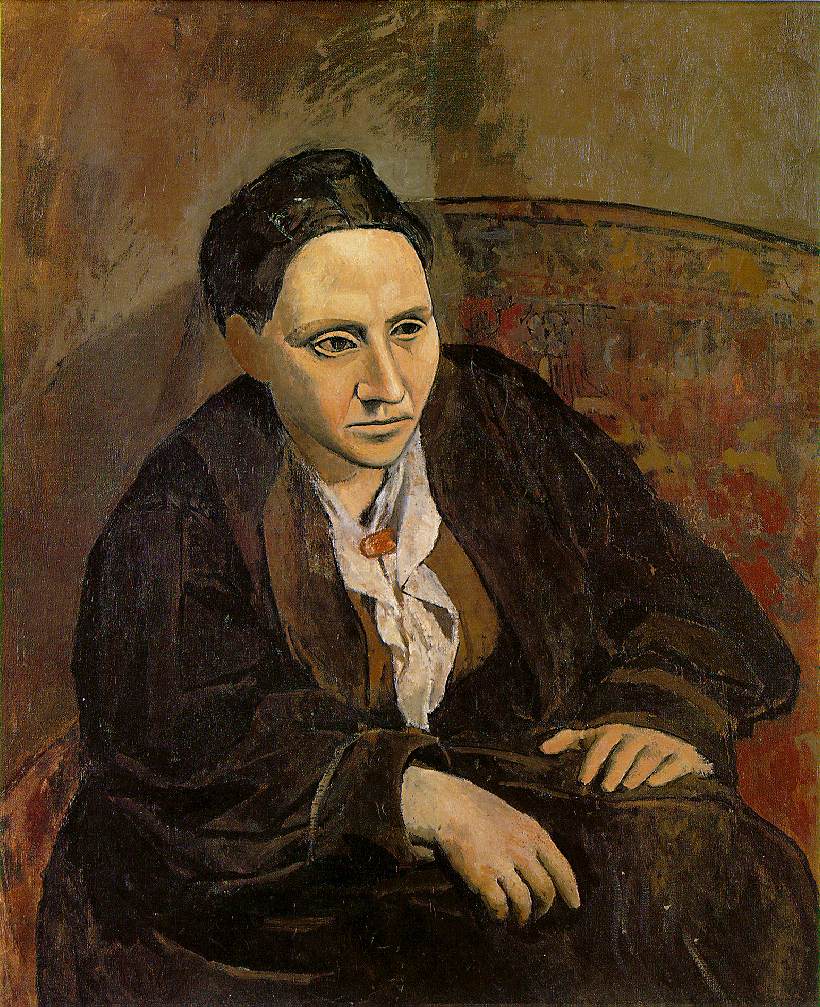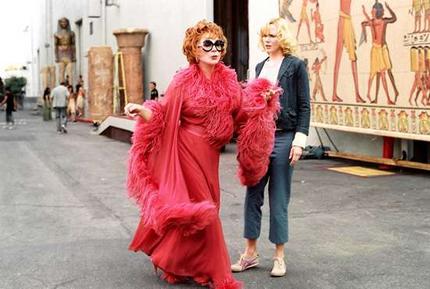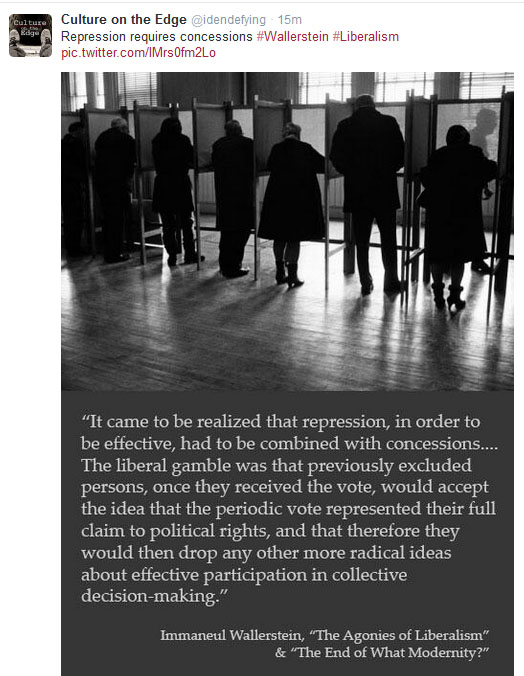 Sometimes the spam comments on the site are truly inspiring.
Sometimes the spam comments on the site are truly inspiring.
The Myth of Origins

 – Jacques Derrida, Writing and Difference (1978), p. 285
– Jacques Derrida, Writing and Difference (1978), p. 285
Setting a Limit

[Andrei Tarkovsky’s 1979 movie] “Stalker” is a film about a zone, a prohibited space where there are debris, remainders of aliens visiting us. And stalkers are people who specialized in smuggling foreigners who want to visit into this space where you get many magical objects. But the main among them is the room in the middle of this space, where it is claimed your desires will be realized…. [But] there is nothing specific about the zone. It’s purely a place where a certain limit is set. You set a limit, you put a certain zone off-limit, and although things remain exactly the way they were, it’s perceived as another place. Precisely as the place onto which you can project your beliefs, your fears,things from your inner space. In other words, the zone is ultimately the very whiteness of the cinematic screen.
– Slavoj Žižek, “The Pervert’s Guide to Cinema” (2006)
Meanwhile, Back at the Trout Farm…

“Entire place used to be a trout farm. Seems like most everything used to be something else, doesn’t it?”
– Yevgeny Nourish, in “eXistenZ” (1999)
“Only Humans Can Really Get Lost…”

On Elvis Costello’s first season of “Spectacle” (2008) there was an interesting moment in his interview with James Taylor, in which the sort of model with which we work here at Culture on the Edge was explored briefly…
Elvis Costello: At times, I know I have a mythic map of my father’s hometown in my head, in which I move characters around in songs. Is it always a real Carolina that you’re speaking of in songs? Or is it sort of a place where longing goes? Is it an imagined place?
James Taylor: I think that that’s a very good way of describing it. It’s the sort of context of my longing, yeah. Continue reading ““Only Humans Can Really Get Lost…””
On Standing In Line
 Read more…
Read more…
“It is a Funny Thing…”
 “It is a funny thing about addresses where you live. When you live there you know it so well that it is like an identity, a thing that is so much a thing that it could not ever be any other thing and then you live somewhere else and years later, the address that was so much an address that it was like your name and you said it as if it was not an address but something that was living and then years after you do not know what the address was and when you say it it is not a name anymore but something you cannot remember. That is what makes your identity not a thing that exists but something you do or do not remember.”
“It is a funny thing about addresses where you live. When you live there you know it so well that it is like an identity, a thing that is so much a thing that it could not ever be any other thing and then you live somewhere else and years later, the address that was so much an address that it was like your name and you said it as if it was not an address but something that was living and then years after you do not know what the address was and when you say it it is not a name anymore but something you cannot remember. That is what makes your identity not a thing that exists but something you do or do not remember.”
– Gertrude Stein in Gertrude Stein, Everybody’s
Autobiography (Random House [1937])
Deep Down…
 “Deep down there is no deep down.”
“Deep down there is no deep down.”
– Shirley MacLaine as Endora, “Bewitched” (2005)

 Great data — read the
Great data — read the  Learn
Learn